April is Earth Month and a great time to start incorporating sustainable eating habits into your routine. If you’re looking for affordable ways to eat more plant-based, consider adding these six budget-friendly foods to your diet. They not only support a compassionate lifestyle but contribute to a more sustainable food system.
1. Seaweed
Did you know that seaweed is an excellent source of essential nutrients that promote good health? It contains fiber, essential amino acids, and vitamins A, B, C, and E. In fact, seaweed is classified as a functional food or nutraceutical due to its disease-preventive components, such as polyphenols, carotenoids, and omega-3 fatty acids. So incorporating seaweed into your diet can boost your overall well-being.
2. Lentils
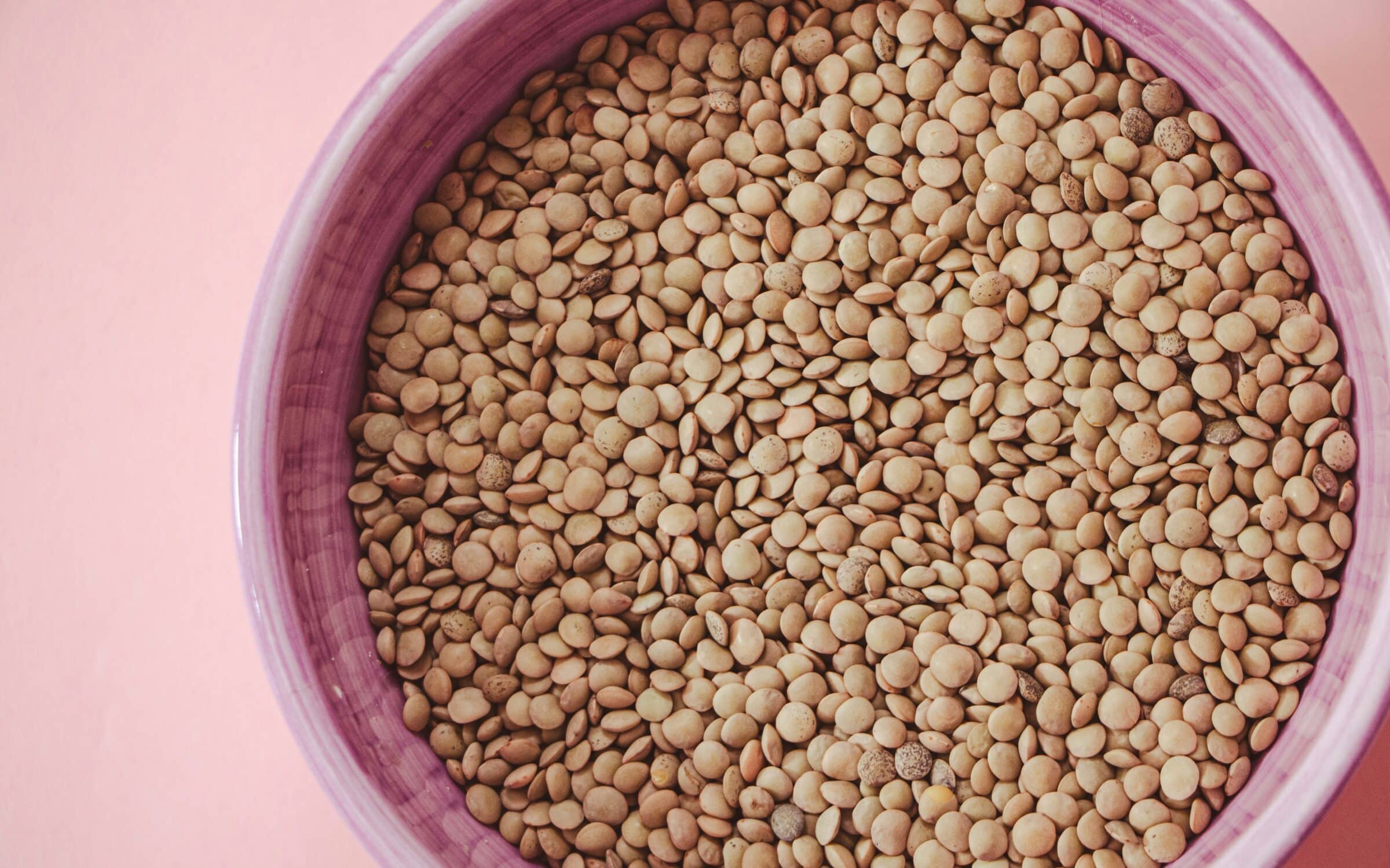

Lentils are a great source of protein, providing essential amino acids. They are also considered a valuable dietary ingredient due to their high polyphenol content. Research suggests that consuming lentils can reduce the incidence of diseases such as diabetes, cardiovascular diseases, and certain cancers, thanks to the bioactive compounds in lentils.
3. Chickpeas
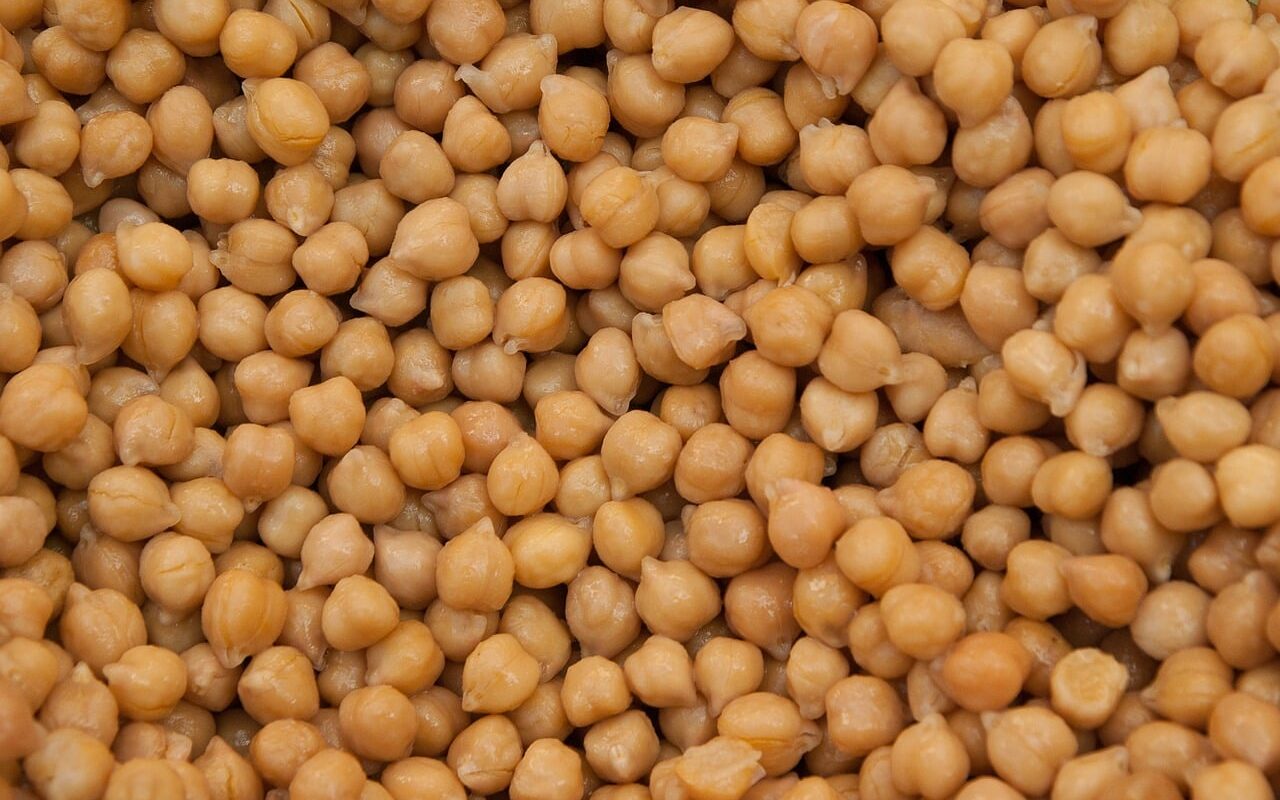

Including chickpeas or hummus in your routine offers several health benefits. These legumes have been found to aid in preventing and managing chronic illnesses, such as cardiovascular disease and type 2 diabetes. Studies have shown that people who regularly consume chickpeas or hummus tend to have higher intake of fiber, polyunsaturated fatty acids, vitamin A, vitamin E, vitamin C, folate, magnesium, potassium, and iron than those who do not consume them.
4. Local Seasonal Rooted Vegetables
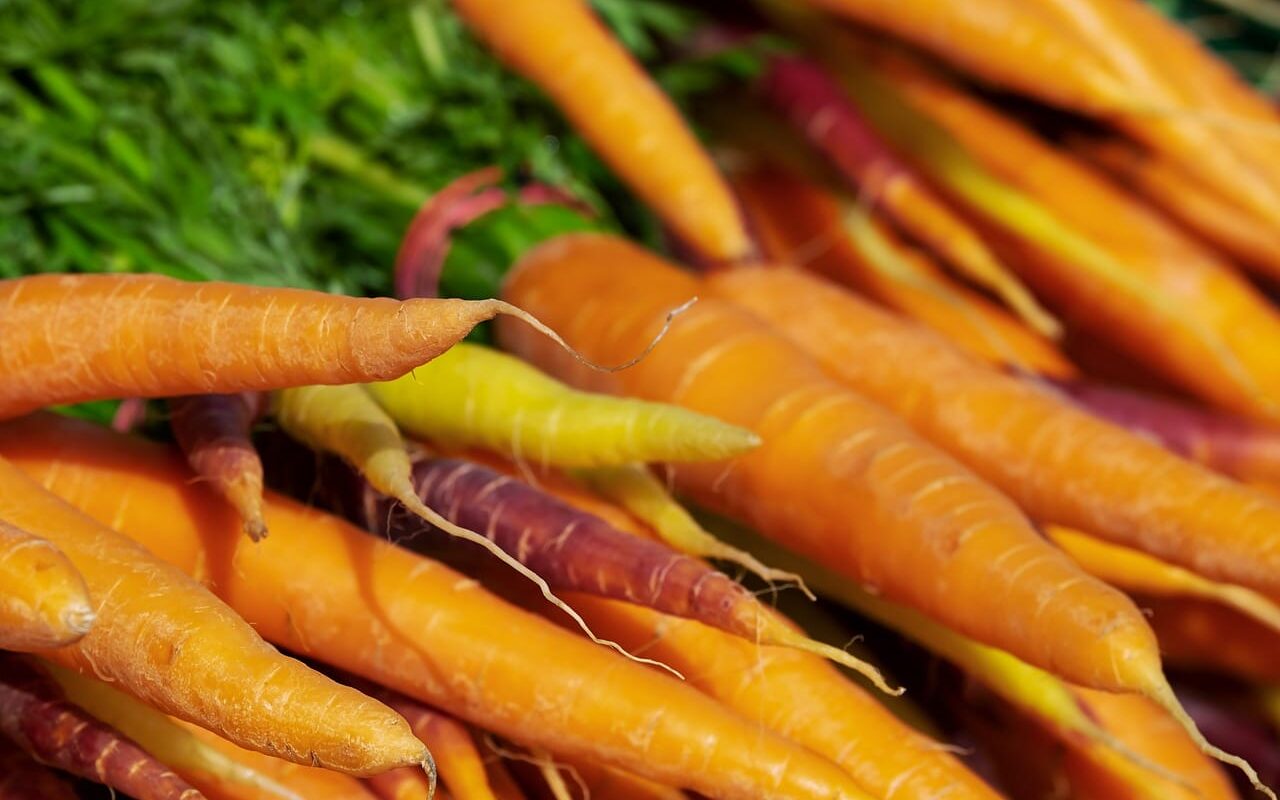

Root vegetables are a group of vegetables that grow below the soil’s surface near the base of a plant. Not all of them are actual roots—some are fleshy growths that store nutrients for the plant to use during the colder months. These vegetables are widely known for their low-calorie and high-antioxidant content. Each root vegetable is a powerhouse of various essential vitamins and minerals.
5. Beans
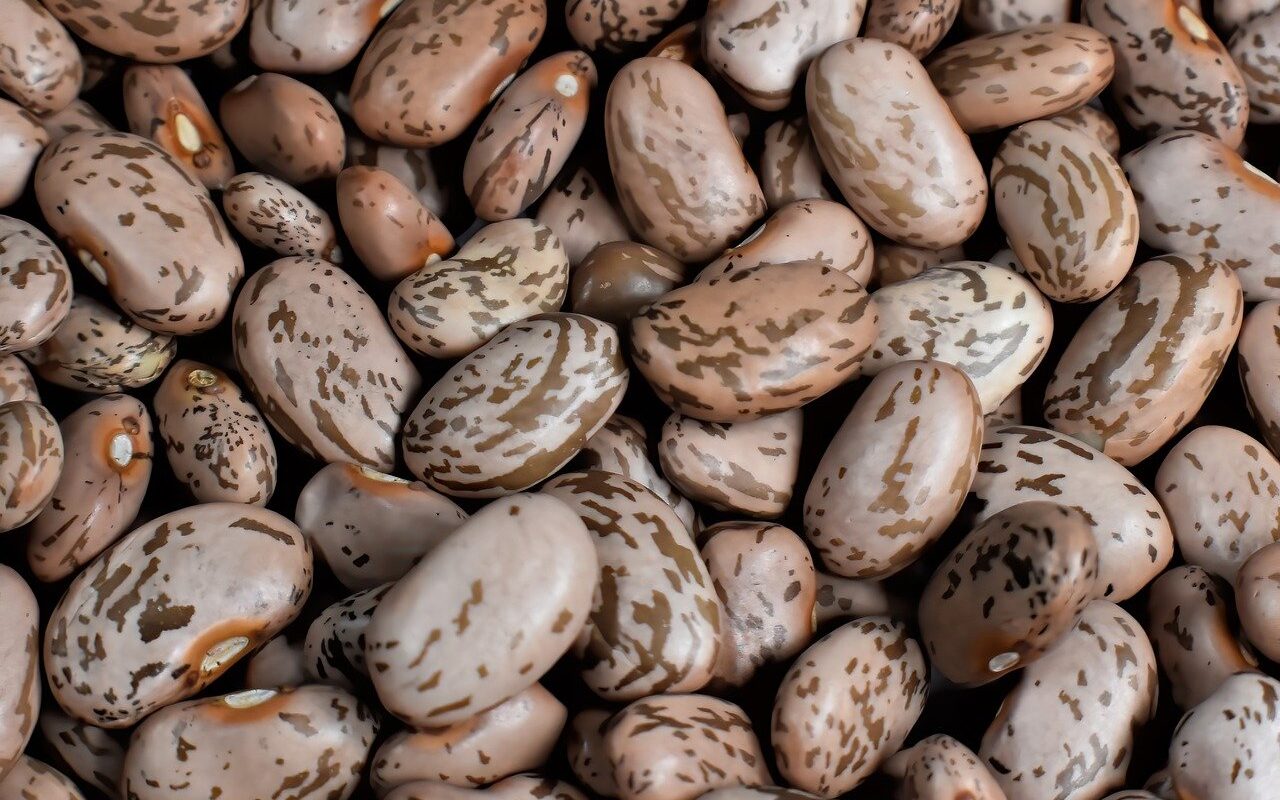

Beans are another cost-effective, versatile food packed with essential nutrients. They are rich in bioactive compounds, like polysaccharides, oligosaccharides, protein, polyphenols/phytochemicals, vitamins, and minerals, which make them a healthy affordable choice.
6. Mushrooms
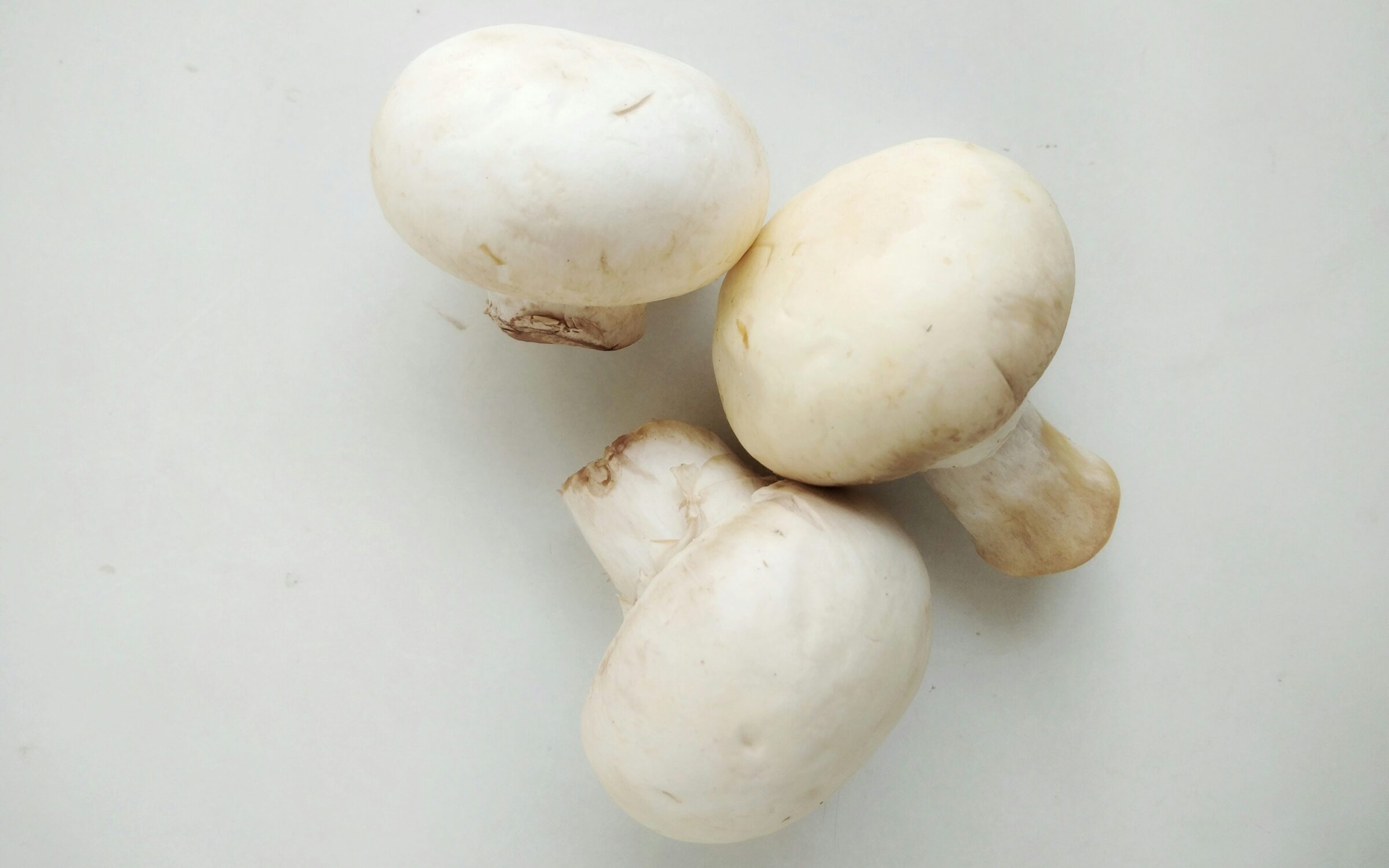

Mushrooms offer numerous health benefits. Their antibacterial properties help us fight off infections. They also boost the immune system and can lower cholesterol levels. Mushrooms contain essential bioactive compounds that can improve our overall health. In addition, mushrooms are an excellent source of vital nutrients, like selenium, potassium, riboflavin, niacin, vitamin D, proteins, and fiber.
Incorporating plant-based foods into your meals can be an affordable and sustainable way to develop kinder eating habits. With meal planning and some simple changes to your grocery list, you can enjoy a range of vegan foods that are good for your health and wallet this Earth Month.
